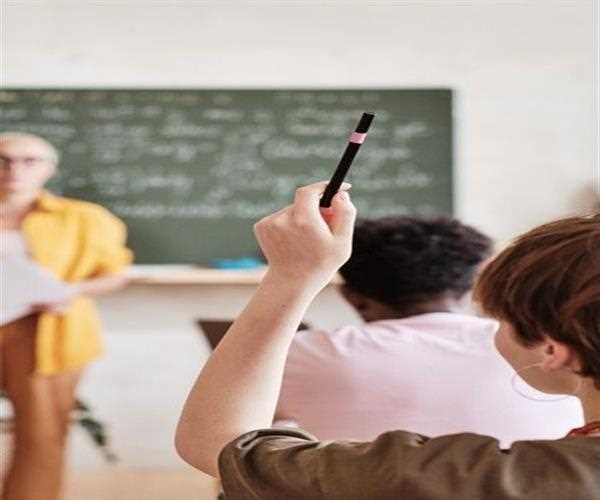Education systems need to be improved with the ability to provide students adequate preparedness for current and future challenges. With changes in technology growth and emergence of global market, conventional learning systems fail to produce results. It is pertinent that schools should pay attention to knowledge, thinking, creativity, and flexibility in equal measure with the standard content knowledge. Thus, it is to contribute to the formation of a student, who is ready to survive in the world with a rather unpredictable position on the rapidly changing positions’ demand.
It is essential to note that the use of technology in classrooms is something that is inevitable. Digital literacy should be more than mere typing, windows, mouse clicking, understanding of algorithms, and the ability to search for information on the Internet and avoid becoming a victim of cyber criminals. It is possible to assume that employing innovative technological solutions, education systems will create conditions for engaged, effective and innovative educational process and equip students for working in the context of the technological environment.
Balancing social competencies such as communication and collaboration as well as e motional intelligence is also a crucial factor. These skills are relevant in today’s and tomorrow’s central business as most companies always engage in multinational and cross-cultural teams with members working in different locations. These competencies should start from schools by creating opportunities for group work, debates, and leadership assignments.

Personalization strategies also come in handy when it comes to training. Students, as it should be apparent by now, have distinct learning styles and preferences, and it is for this reason that there exists the concept of adaptive learning technologies. This way it not only increases the bore part of knowledge by engaging the students and allowing them to move through the lesson at their own pace but also allows them effectively to master the fundamentals as well.
Lastly, there should be incorporation of real-life experience and scenarios in a classroom setting. Internships, mentorships, and partnerships with industries help the students to gain the knowledge and skills needed when they will be attending the industries. It comes as a way of closing the gap between the theory and the practice so that the graduates are not only in knowledge but also competent in their practice, thus having an excellent market value.
Conclusion
In conclusion, Education systems must adapt to challenges of the future through Critical thinking, Technology skills, Soft skills, Personalized education and Relevant work experience. By so doing, the changes help schools prepare the students to fit in an uncertain world of the future. It is a crucial step toward establishing the attributes of flexibility, creativity, and resillience among learners ready to seize leadership in an evolving environment.